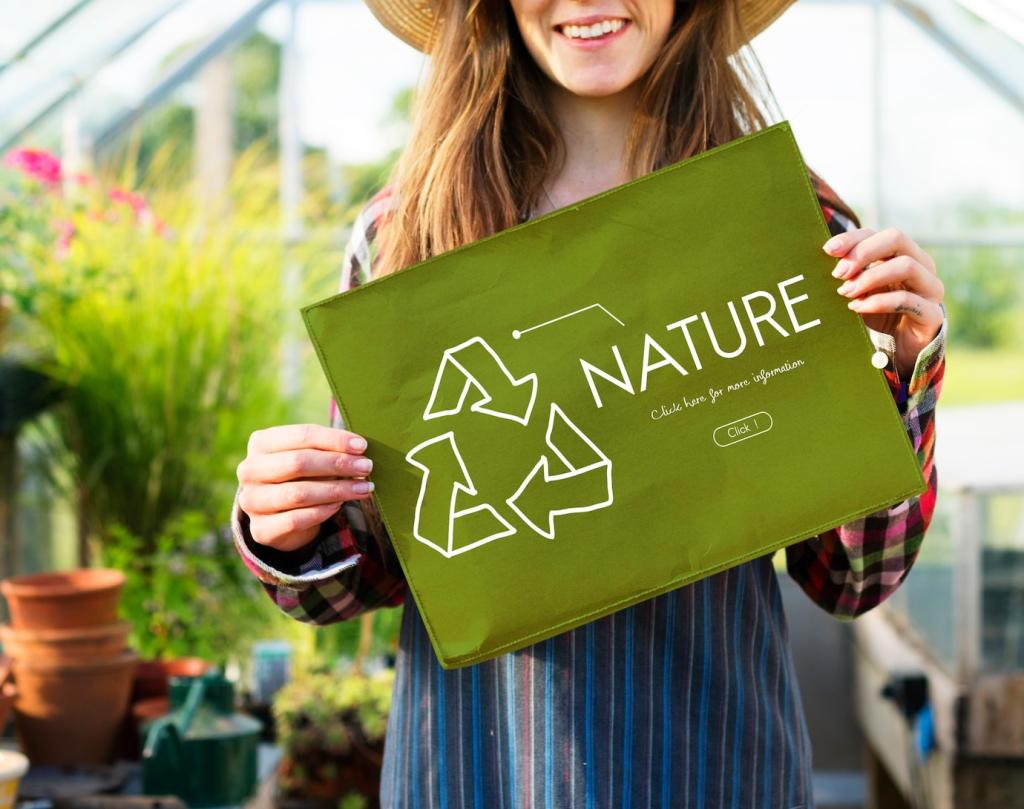The Power of Words: How Language Shapes Ethical Choices
Start with shared values—fair pay, clean water, lasting quality—and write forward from them. Phrases like “made by fairly paid hands,” “planet-kind materials,” and “built to be repaired” translate ethics into everyday benefits. Ask readers which value resonates most, and invite them to respond.
The Power of Words: How Language Shapes Ethical Choices
Ethical language should stir care without shaming. Replace fear with hope, and guilt with agency. Try, “Choose coffee that returns dignity to growers,” or “Wrap your day in materials that give back.” Encourage readers to share stories of moments when a hopeful phrase changed a purchase.







